Life After The White House Is a Different Kind Of Political Party
Have you ever wondered what life is like for the President of the United States when they leave the White House? It might be called retirement to some, but for these political powerhouses, there's rarely the chance to ride off into the sunset. Most of the time, former presidents remain highly recognizable and influential figures. Some, like William Howard Taft, even find their way back into politics. A select few do run away from it all. Lyndon Johnson, if you didn't know, retired to his ranch and grew his hair past his shoulders! And Benjamin Harrison did something that his kids never forgave him for.
Jimmy Carter Gave His Life To Humanitarian Work
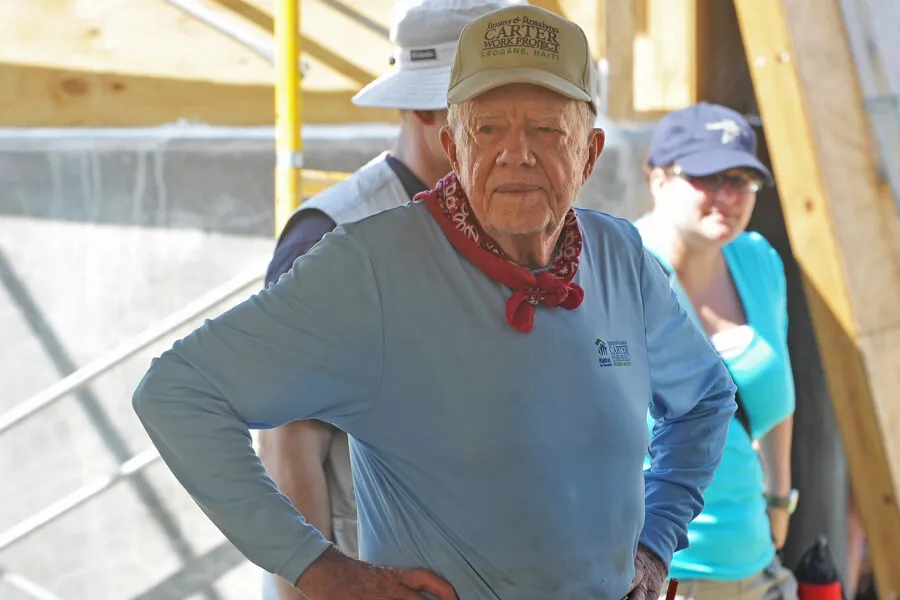
Jimmy Carter was the 39th President of the United States, but doesn't believe he did a very good job, having once said, "I can't deny I'm a better ex-president than I was a president." That's an easy statement to make considering his humanitarian work after leaving office won him the 2005 Nobel Peace Prize.
Carter won the distinguished award 23 years after founding the Carter Center. Through his center, he has worked to mediate global conflicts. One of his greatest accomplishments is nearly extinguishing Guinea worm disease. The affliction affected millions of Africans at its height.
William Taft Became Chief Justice Of The Supreme Court
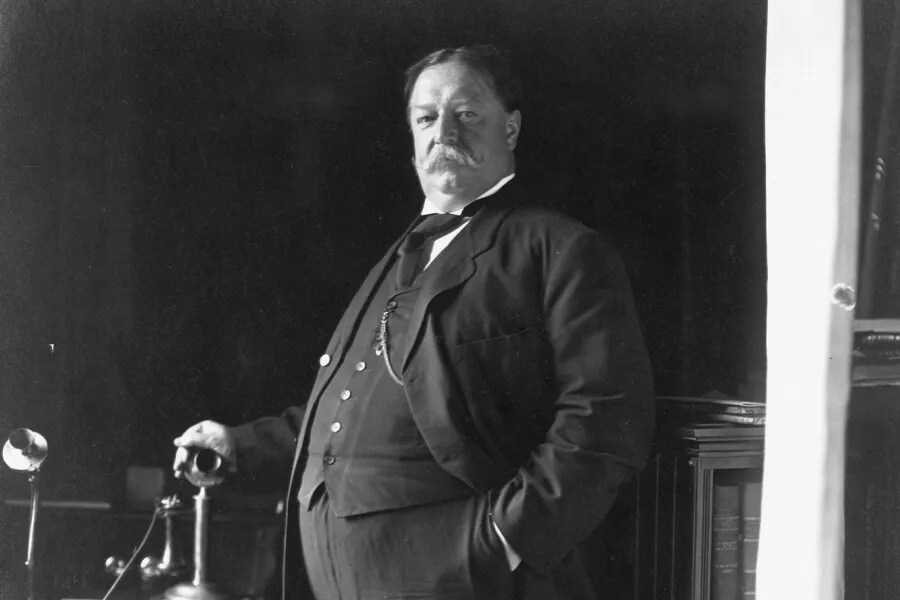
William Howard Taft was a lawyer by trade who never had any interest in becoming president. His wife talked him into running and his four years in office turned him bitter. When it ended he got back to his first love: the law. Twelve years after his failed presidential tenure, Taft was elected to the Supreme Court by Warren G. Harding.
Asked in his later life about his presidency, the happy again Taft deftly remarked, "I don't remember that I was ever president."
Grover Cleveland Became President Again
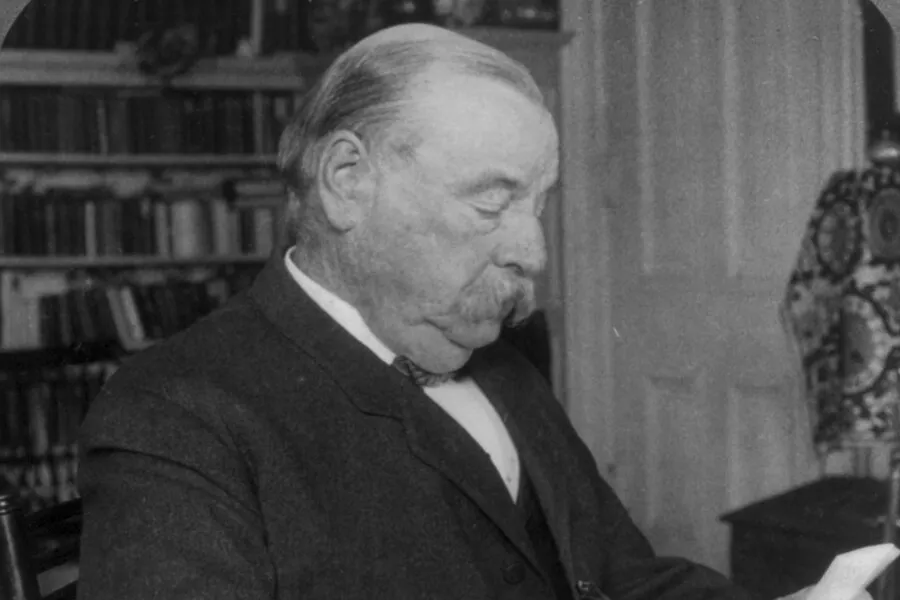
Grover Cleveland first served as the 22nd President of the United States. When he tried to win re-election, he lost to his rival, Benjamin Harrison. Instead of accepting his fate, Cleveland worked tirelessly to maintain his public image for another run in four years.
Sure enough, four years after losing the presidential election to Benjamin Harrison, Cleveland beat him, becoming the 24th President of the United States. The distinctive win made Cleveland the only president in our history to serve two, non-consecutive terms. After his second term, he retired for good.
Lyndon Johnson Quietly Joined The Opposition
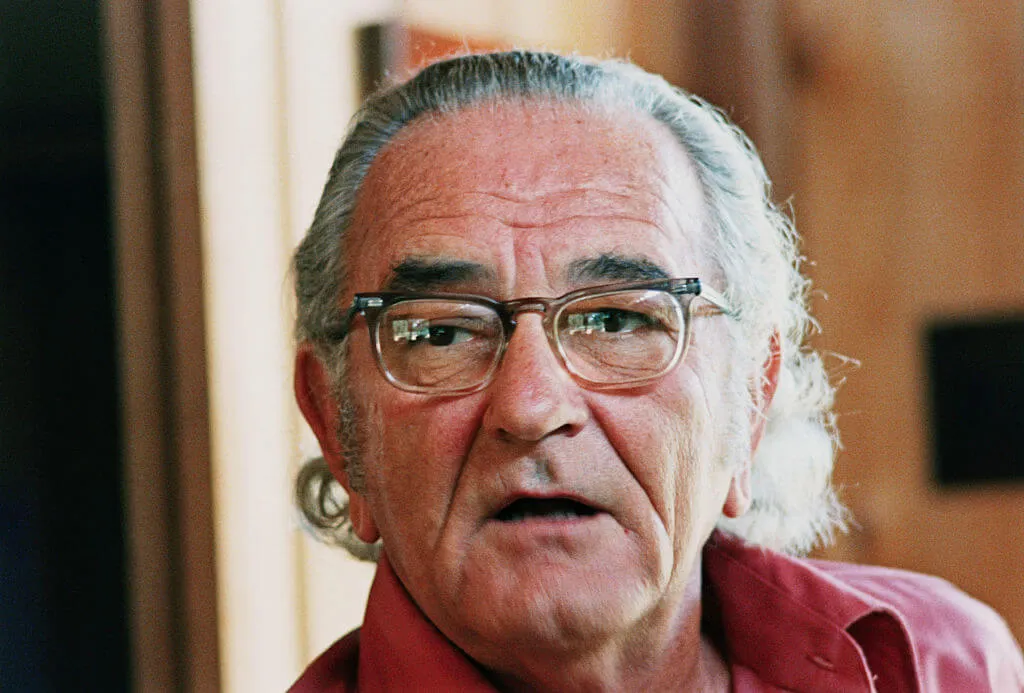
By the time Lyndon Johnson left politics he no longer felt like a politician. According to a story from a 1972 edition of The Atlantic, Johnson was inspired to grow his hair after friend told him, "You know, that bunch around Nixon—Haldeman, Ehrlichman—they all have very short hair."
Johnson continued to grow out his hair in quiet political protest. Sadly, he died one year after this picture was taken on his ranch from a heart attack. Near the end of his life he was taking nitroglycerin pills to deal with persistent chest pains.
Theodore Roosevelt Went On A Year Long Safari
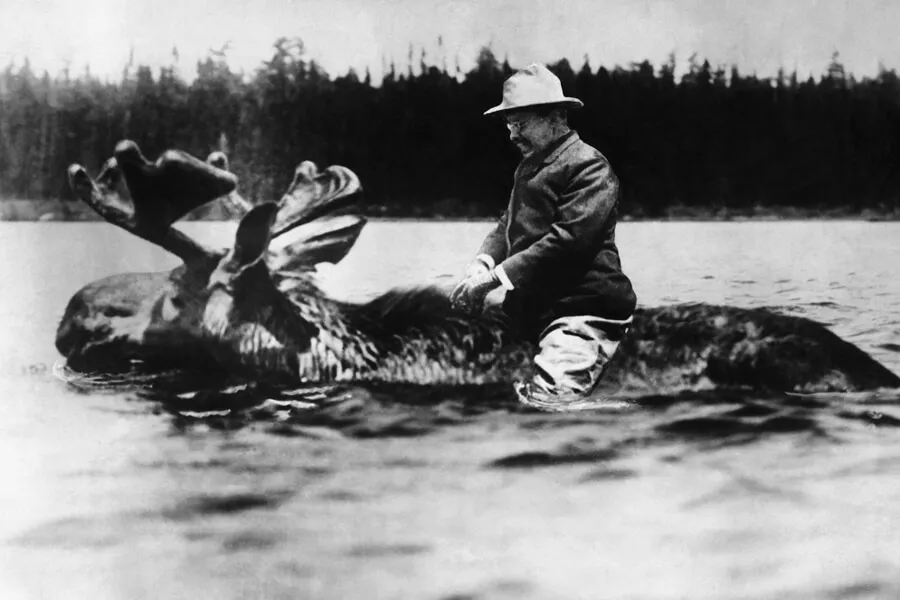
Theodore Roosevelt was a larger than life personality in office. Once out of office that personality only grew. After failing to be elected for a third term, Roosevelt went on a year long hunting safari. No animal was safe from him and his team, who reportedly "bagged" several elephants, hippos, zebras, snakes, and monkeys.
All the animals were brought back to the United states for scientific study. In 1913, Roosevelt went on the hunt again, taking a seven month trip in South America. By his side on every trip was his son, Kermit.
John Quincy Adams Tried To Abolish Slavery
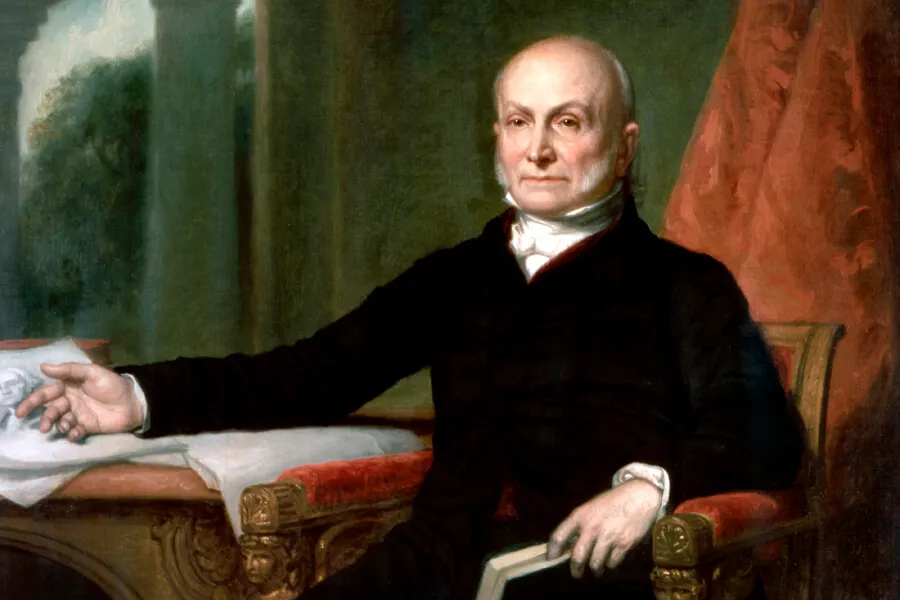
John Quincy Adams served 17 years in the House of Representatives after his presidency ended. While there, he fought tooth and nail to abolish slavery, even representing slaves in court and forcing the the 1836 gag rule to be repealed.
One of Adams' most famous cases was the 1841 Supreme Court case of the slave ship "Amistad." Thanks to his intervention with the case and work to defend the slaves, they all won their freedom. Despite the historic work Adams did in the House of Representatives, the former president once said, "there is nothing more pathetic in life than a former president."
Thomas Jefferson Founded The University Of Virginia
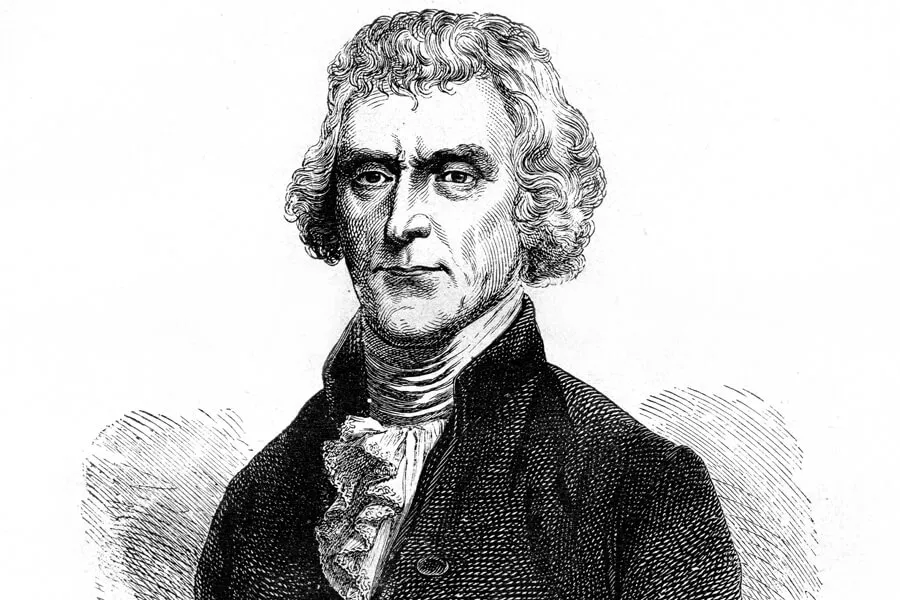
Ten years after leaving office, Thomas Jefferson devoted himself to education and founded the University of Virginia. He took it upon himself to design the curriculum for the entire school as well as the university buildings. When it opened it was the only university in the country without a religious affiliation.
In 2017, the University of Virginia was ranked the 24th best university in the United States, as well as the second best public university. It is most well known for its law, business, and medical programs.
Several Presidents Have Written Memoirs
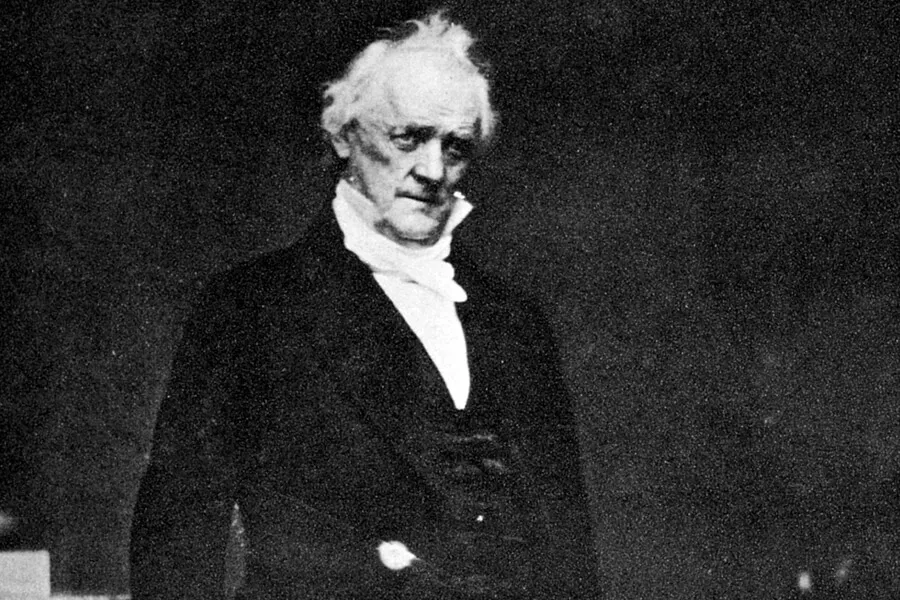
James Buchanan was the first president to write a memoir after leaving office. The former head of the country had a terrible time in office and faced incredible criticism, causing him to write and publish his own account of how things happened.
His memoirs, Mr. Buchanan's Administration of the Eve of the Rebellion, was released in 1866. When Buchanan's presidency ended, he remarked to his successor, "My dear sir, if you are as happy on entering the White House as I on leaving, you are a very happy man indeed.”
Herbert Hoover Published A Book About Fishing
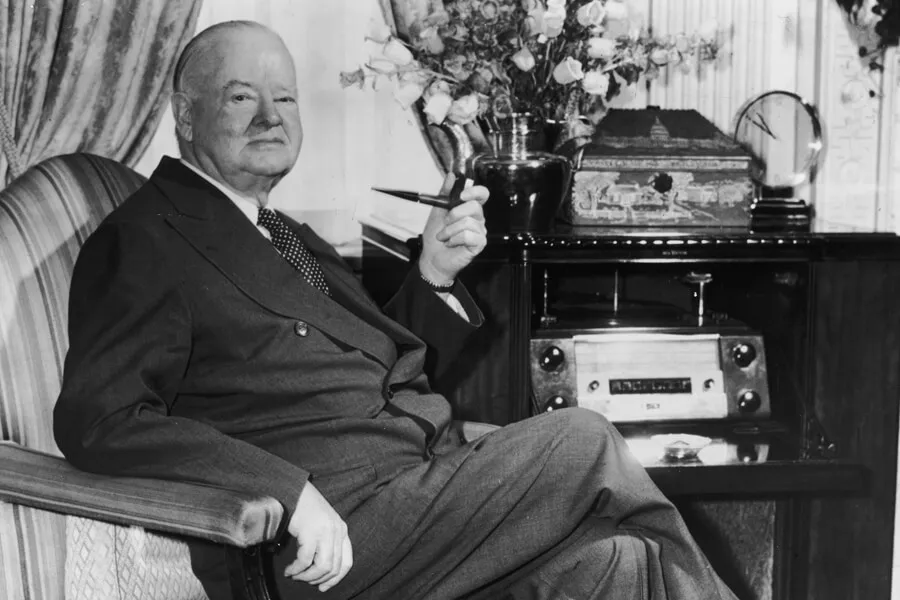
Herbert Hoover didn't get out of politics entirely when his presidency was over. He continued to make sparse political appearances. He also fished. A lot. Hoover was known to spend his time off relaxing by the river and fishing. One year before he died, Hoover published his final book, Fishing for Fun.
The book reflected on Hoover's lifelong passion for fishing, which allowed him to take a break from the pressure, expectations, and stress of politics. In the books most famous line, Hoover humorously writes, "all men and fish are created equal."
Barack Obama Took A Break Before Jumping Back Into Politics
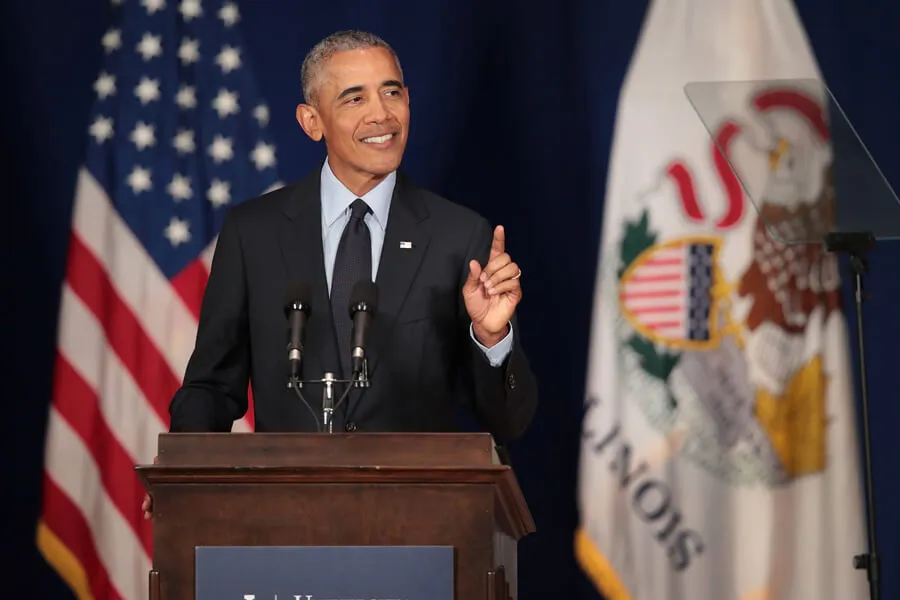
Barack Obama seemed happy in retirement until 2018, when he jumped back into the political arena to support Democratic nominees. His motivation appeared to be the Democratic party's hopes to overtake several political position held by Republicans who support controversial president Donald Trump.
To build Democratic steam, Obama's speeches have happened in several areas that usually vote Republican, including Orange County in Southern California. USA Todaywent as far as to declare the return of Barack Obama similar to "Beatlemania," dubbing it, "Obamamania."
George W. Bush Became A Painter
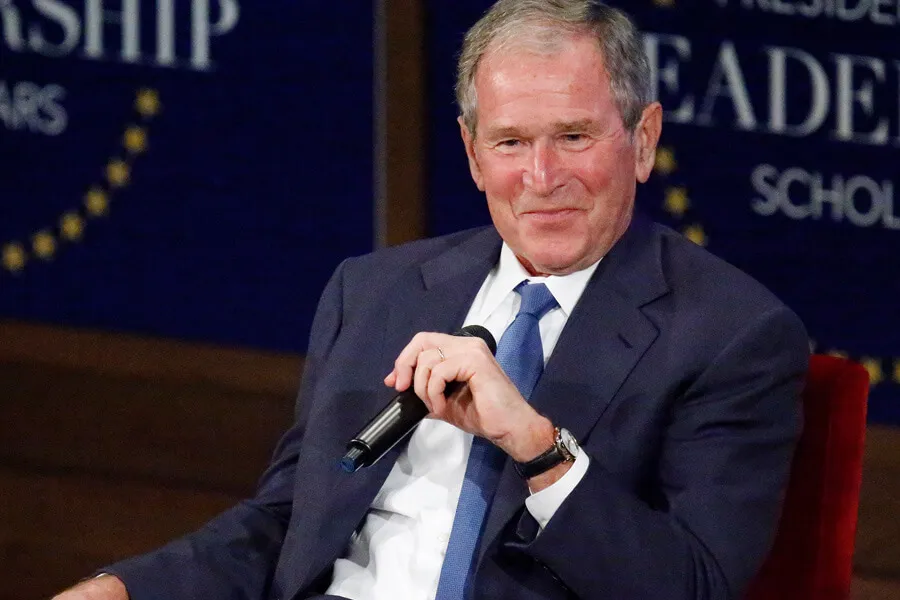
Few former presidents have enjoyed retired life as much as George W. Bush. Living on his presidential pension, Bush has become an accomplished painter and home chef. Recently, he even published a book of his art titled Portraits of Courage.
The book contains 66 portraits of military veterans painted by Bush, as well as their stories. Bush says he was inspired by Winston Churchill to begin painting in 2009. He also told CNN it helps keep him off the couch, "It keeps me active, so I'm not on the couch chewing potato chips all the time."
Bill Clinton Put The Weight Of His Influence Behind Hillary's Political Aspirations
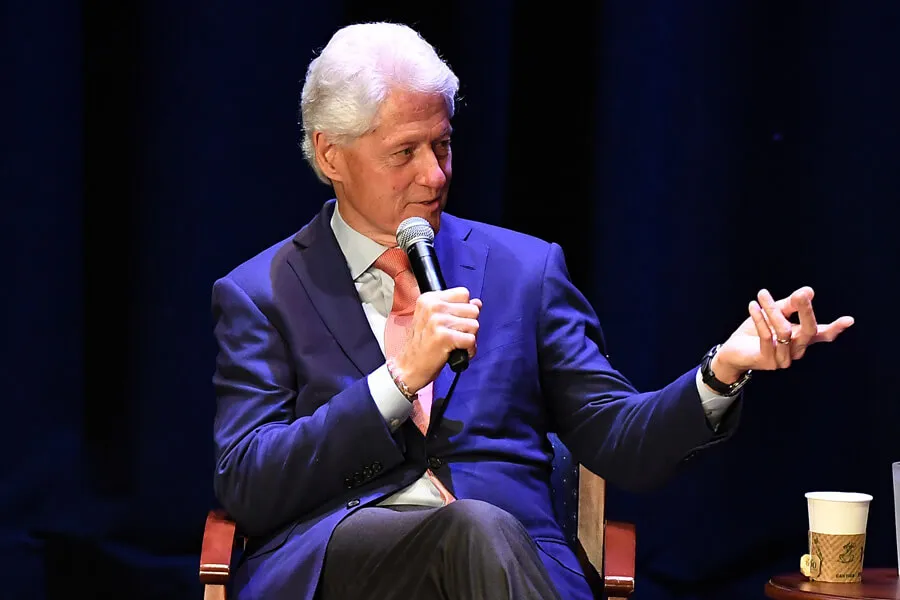
When you're married to Hillary Clinton, you don't get to retire after being President of the United States. Bill Clinton seems okay with that, though, and has helped campaign on behalf of Hillary ever since her first presidential bid in 2008.
In 2016, Hillary nearly won the presidency, which would have made Bill the first First Male (or whatever they might call it). Despite winning the popular vote, Hillary lost the electoral vote. There is no word yet on if she will run again in 2020.
Ronald Reagan Created An Award With His Namesake
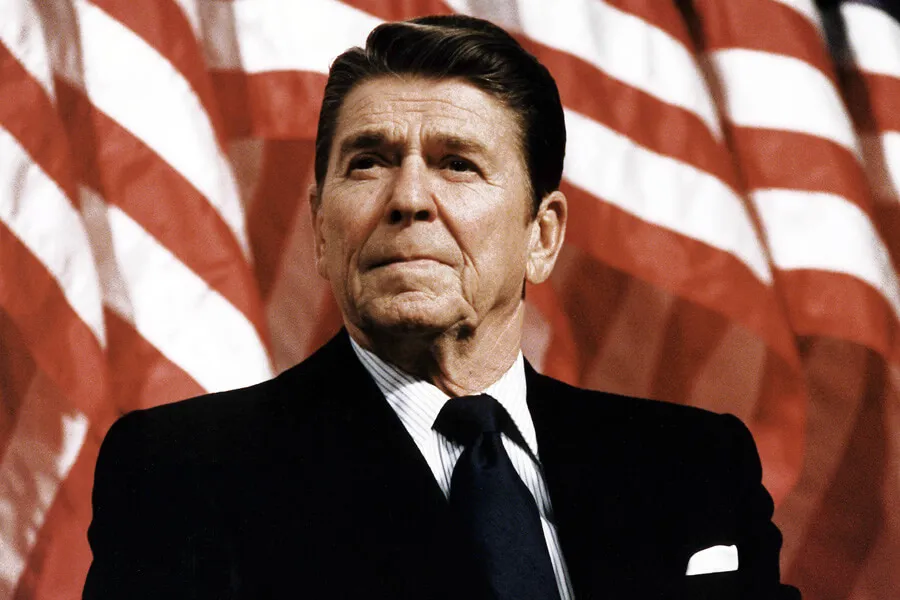
Two years before being diagnosed with Alzheimer's disease, Ronald Reagan created the "Ronald Reagan Freedom Award." The honor is considered the highest that can be given to a civilian by the Ronald Reagan Presidential Foundation. It is given to "those who have made monumental and lasting contributions to the cause of freedom worldwide."
The inaugural award was given to Mikhail Gorbachev, the former General Secretary of the Soviet Union. Lech Walesa, the former Solidarity leader and president of Poland, was the last person to be honored with the award.
Gerald Ford Did A Little Bit Of Everything
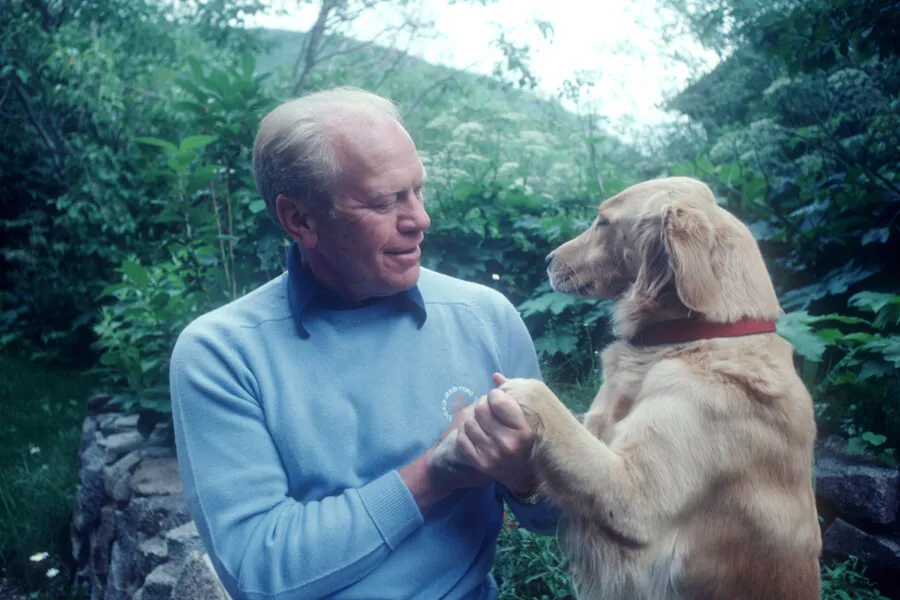
Gerald Ford kept very active socially in the years after his presidency, and even played golf regularly with Bob Hope. He also stayed active in politics, often conversing with Jimmy Carter during his time as Commander in Chief. As a businessman he invested in oil, creating an extra income for his children.
Ford partnered with Marvin Davis to become an oil man. Davis, who once was the head of 20th Century Fox, ran Davis Petroleum and Davis Offshore until 1997. He originally got into the oil industry in 1940s.
George Washington Tended To His Farm
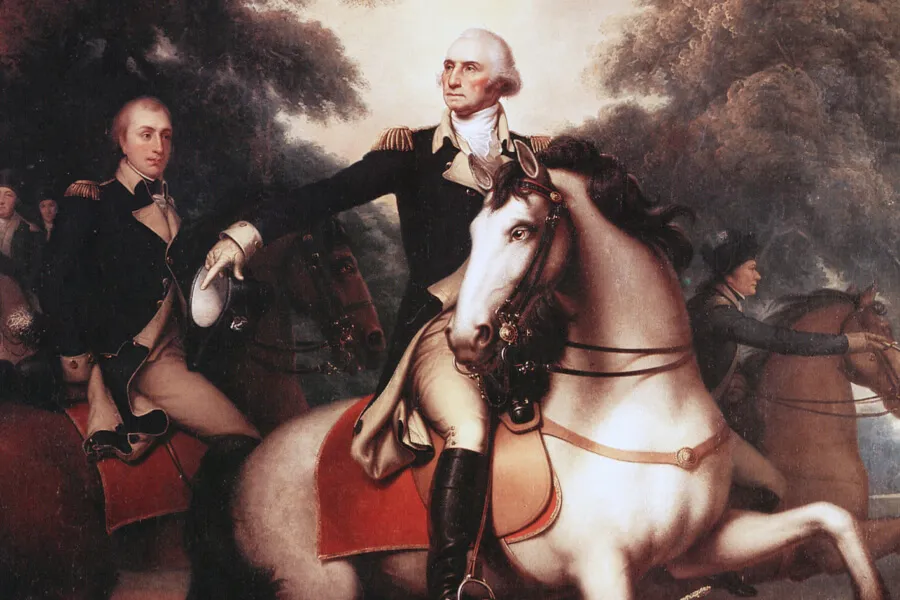
After winning the Revolutionary War, George Washington planned to tend to his Mount Vernon estate. Six years into his new life, he stepped back into politics and became the the President. After his two terms of service ended, he went back to the farm.
Washington lived out the last two years of his life revitalizing Mount Vernon, which had fallen to pieces during his eight year absence. Returning to his old life took it's toll, though, and he got sick while riding a horse in a snowstorm. He passed away shortly after.
Benjamin Harrison Fell In Love With And Married Mary Dimmick
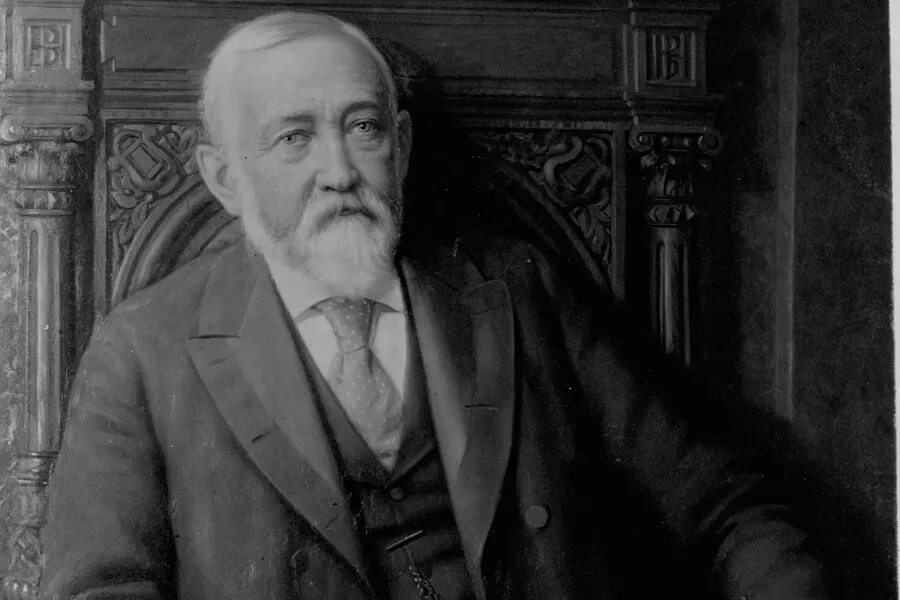
Benjamin Harrison was 62 years old when he married Mary Dimmick. The wedding took place three years after his presidency ended and his two children refused to attend. They were disgusted their father would marry someone 25 years younger than himself just a few years after their mother died of tuberculosis.
He met Mary while his first wife was still alive; she was Caroline's assistant and niece! It might not be the best after presidency love story, but there's a reason Theodore Roosevelt once called Harrison, "a cold-blooded, narrow-minded, prejudiced, obstinate."
Richard Nixon Worked Tirelessly To Fix His Broken Image
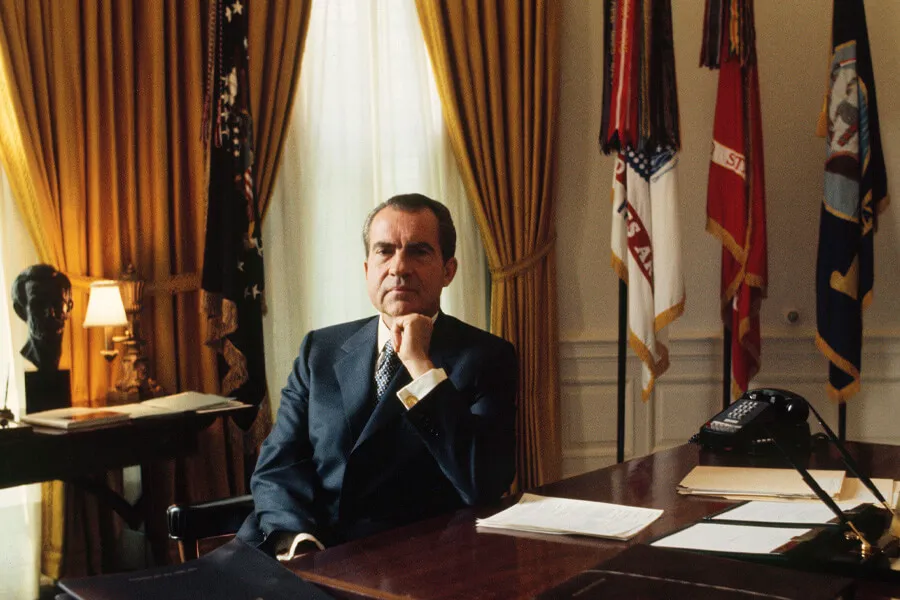
Richard Nixon resigned from his presidency in shame after the Watergate Scandal. After years staying out of the public eye, Nixon wrote this in his diary, "So be it. We will see it through. We've had tough times before and we can take the tougher ones that we will have to go through now."
In 1978, Nixon published his memoir, which was a commercial and critical success. He wrote ten more books and supported Reagan during the 1980 presidential election, taking on the role of "senior statesman above the fray."
Dwight Eisenhower Retired To A Farm
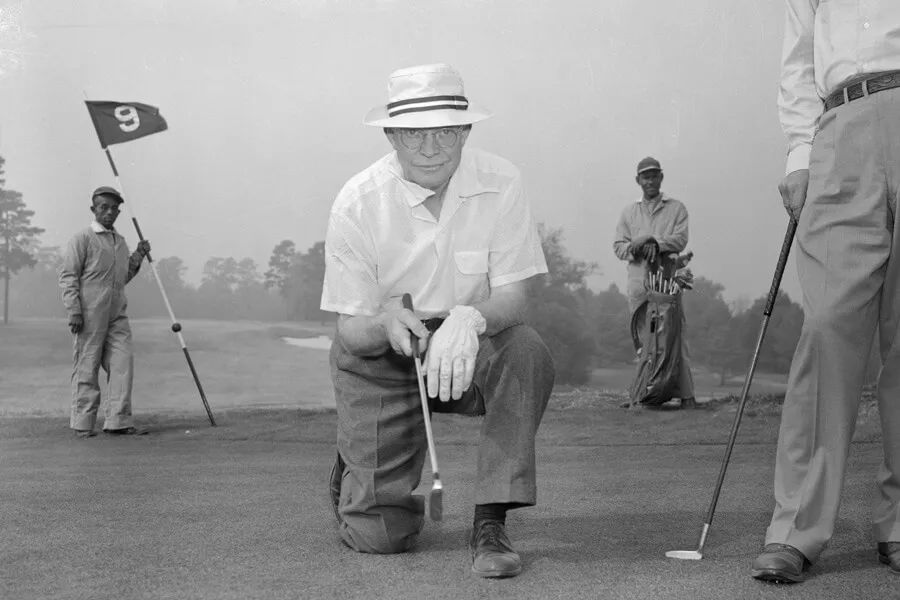
Dwight Eisenhower managed to live a quiet life in retirement, moving with his wife, Marie, to a working farm, near the battlefield at Gettysburg. It was one of two homes the couple owned. The other was located in Palm Desert California. In 1967, Eisenhower donated his Gettysburg home to the National Park Service.
As happens with most retired presidents, Eisenhower continued to make public appearances, but they were few and far between. His last major endorsement was for Barry Goldwater, the Republican candidate in 1964. He also praised the election of Richard Nixon in 1968.
Harry Truman Hit Dire Straits Financially Until His Memoirs Were Published
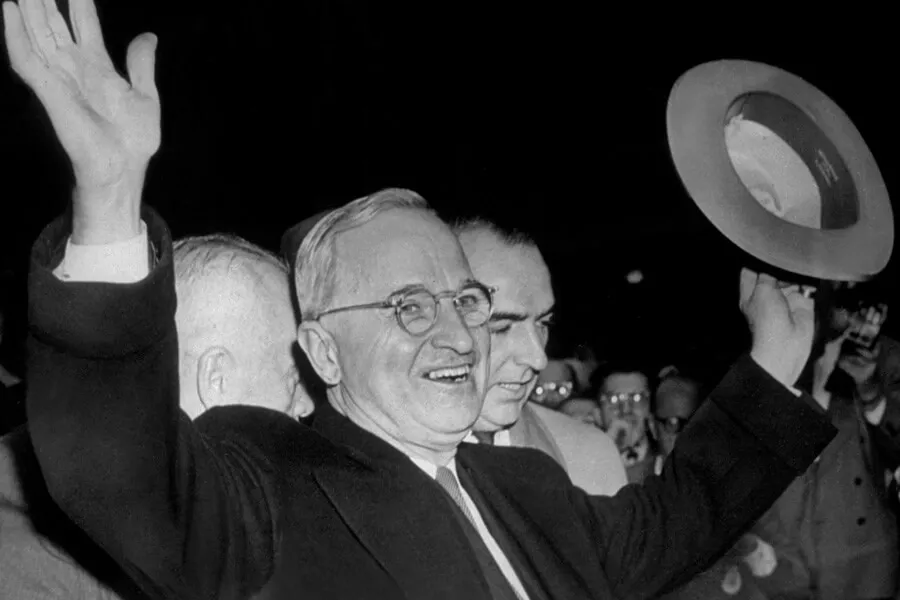
Harry Truman refused to take money or sign endorsement deals when he left office. As a result, he lived off of his army pension. Unfortunately, $112 a month, or a little over $1,000 today, was not close to enough to support him.
Truman remained in dire straights financially until he published his two-part memoirs. He signed a lucrative deal for the books and was paid $607,000. After taxes, and paying his assistants, Truman only took home about $37,000. In 1957, partly because of Truman's struggles, Congress passed the Former President's Act, ensuring all for presidents would receive a yearly pension and benefits.
Calvin Coolidge Spent Time On The Water And Writing For A Newspaper Column
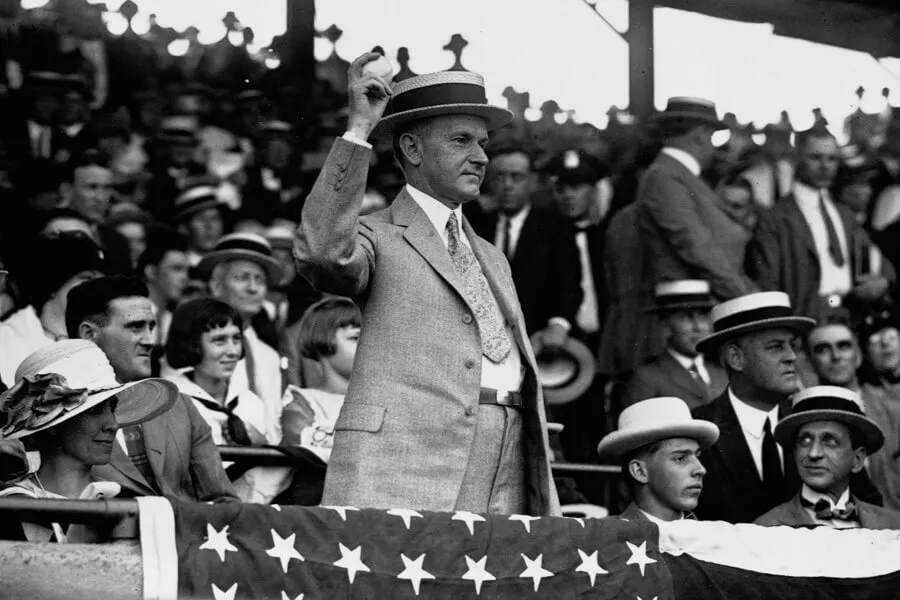
Calvin Coolidge lived a modest life once he left the White House. Initially, he retired to a small rented house in Northampton before moving into a more spacious abode nicknamed "The Beeches." It was here was often seen on his boat, enjoying his life on the water.
For one year, Coolidge also wrote a syndicated newspaper column called "Calvin Coolidge says." During this time, he also refused numerous attempts by his party to put him up for reelection. When he passed away in 1933, he reportedly told a friend, "I feel I no longer fit in with these times."
Jimmy Carter Has Remained Friends With Willie Nelson
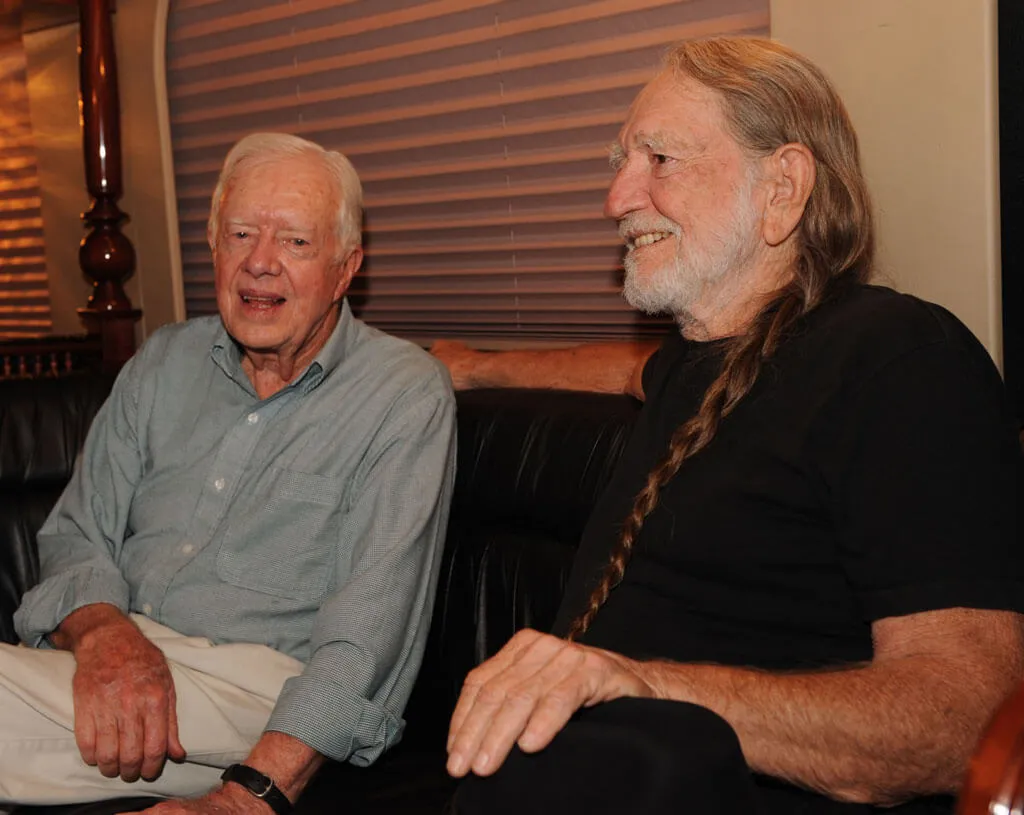
In 1980, country music artist Willie Nelson and his band performed at the White House, with President Carter in attendance. The event later became notorious when Nelson revealed in his autobiography that he had smoked marijuana on the White House’s roof during his visit. Despite this, the two men have remained close friends over the years.
In fact, Carter had called for the decriminalization of marijuana in his 1976 run. During a 2004 an interview with Rolling Stone, Carter joked, "all the good things I did as president, all the mistakes I made — you can blame half of that on Willie.”
Barack Obama Went Kite-Surfing With Richard Branson

As we mentioned, during his first year after the leaving the White House Barack Obama largely stayed out of the public eye. We did get a chance to see him on vacation, looking refreshed and relaxed as he palled around with his good friend Richard Branson on the mogul’s private island. He even kite-surfed!
After that, the Obama family took a trip to Bali together. But President Obama was back in the political spotlight just weeks later, when he and Michelle announced their plans for the Obama Presidential Center in Chicago.
John Adams Spent The Next 25 Years Of His Life In Quiet Retirement
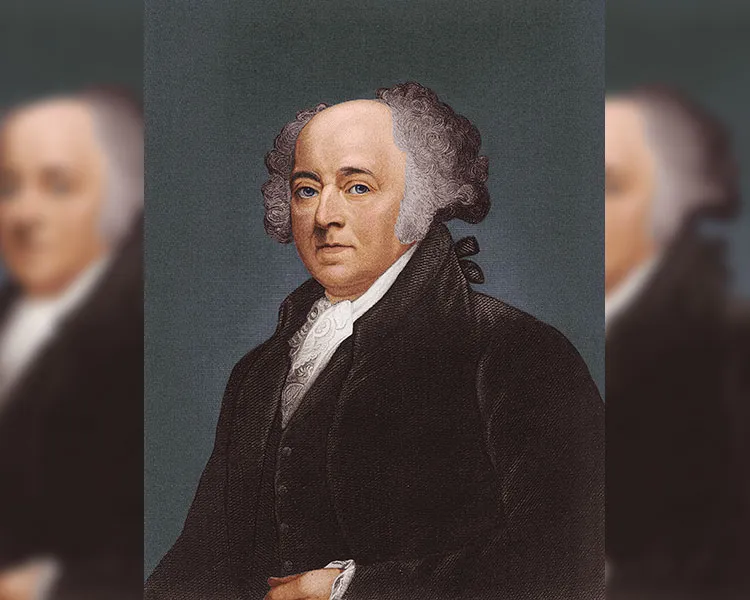
John Adams, the second President of the United States, was inaugurated to the office on March 4, 1791. He served just one term, which ended when Thomas Jefferson defeated him in the election as he sought a second term.
Adams then spent the next 25 years of his life with his wife (the Second First Lady of the United States) Abigail and the rest of their family. He died on July 4, 1826, the exact same day that Thomas Jefferson passed away. Coincidentally, it was 50 years to the day since the signing of the American Declaration of Independence.
Grover Cleveland Survived A Secret Cancer Scare And Played The Stock Market
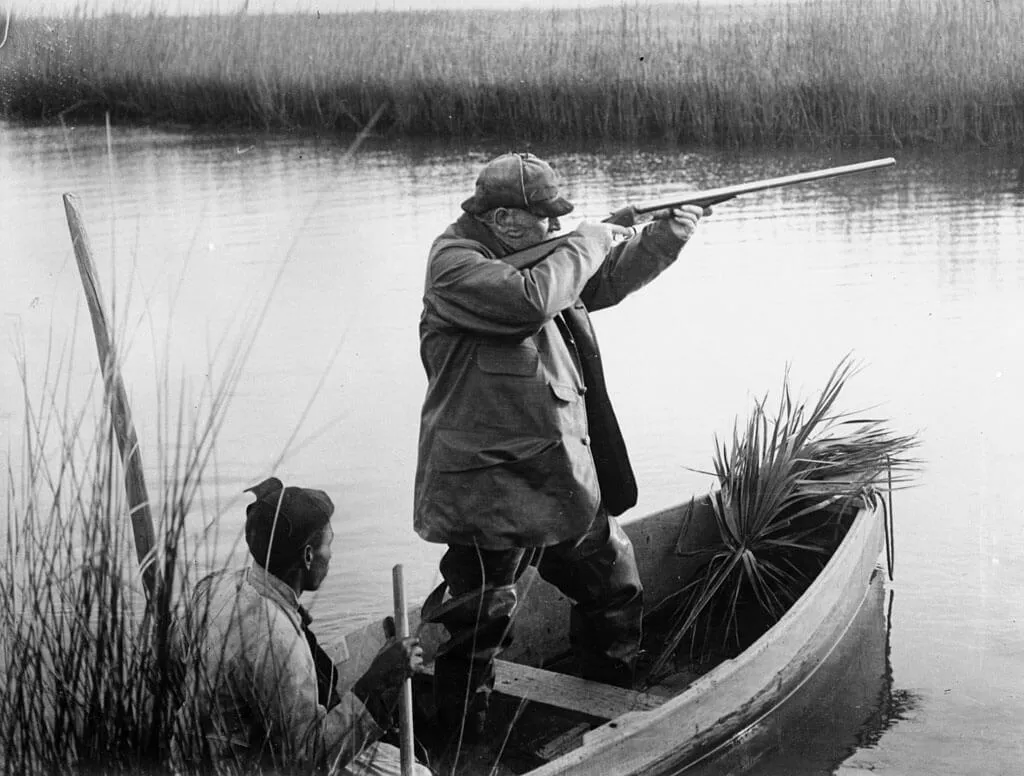
While he was still in office, it was discovered that Grover Cleveland had a tumor on the roof of his mouth. In order to not alarm the public, the diagnosis was kept secret. He was operated on while aboard a yacht as it sailed off the coast of Long Island.
Cleveland lived another 15 years after receiving the surgery. During the years after his second term as President, he played the stock market and made quite a fortune for his family.
James Madison Moved Back To His Tobacco Plantation
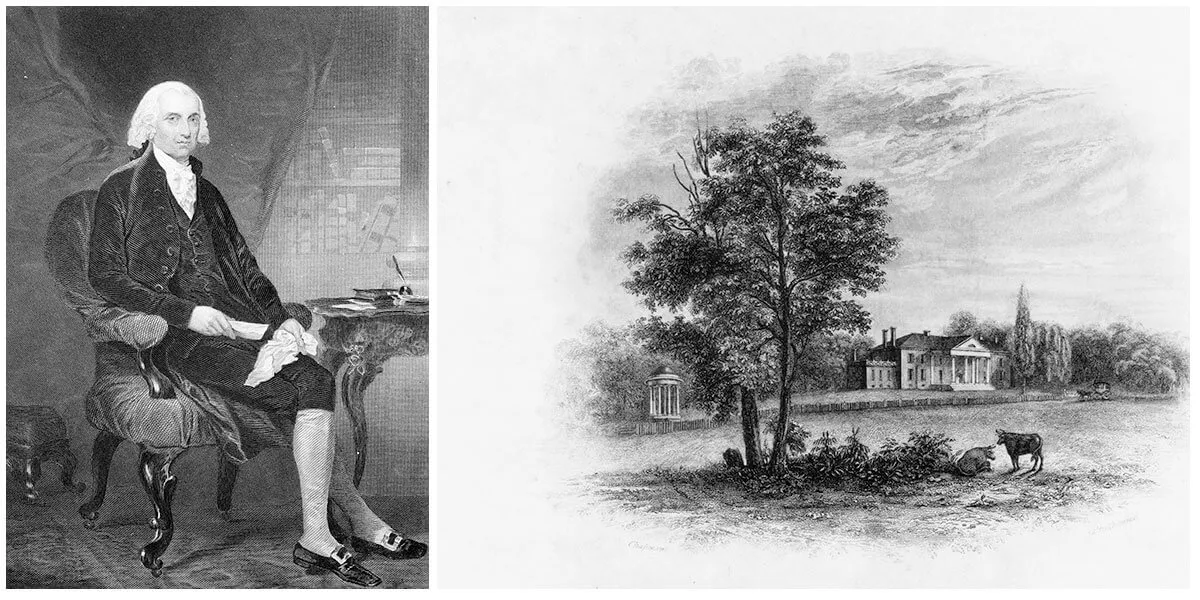
When he left The White House in 1817, Madison and his wife Dolley returned to his Virginia plantation, named Montpelier. There he supervised plantation operations, which included slavery. Madison was a founding member of the American Colonization Society, which aimed for a favored a gradual abolition of slavery.
He also served on the University of Virginia's Board of Visitors and later succeeded Thomas Jefferson as the school's head. Madison died on June 28, 1836. This statement was released after his death:"The advice nearest to my heart and deepest in my convictions is that the Union of the States be cherished and perpetuated."
Martin Van Buren Studied, Traveled, And Wrote
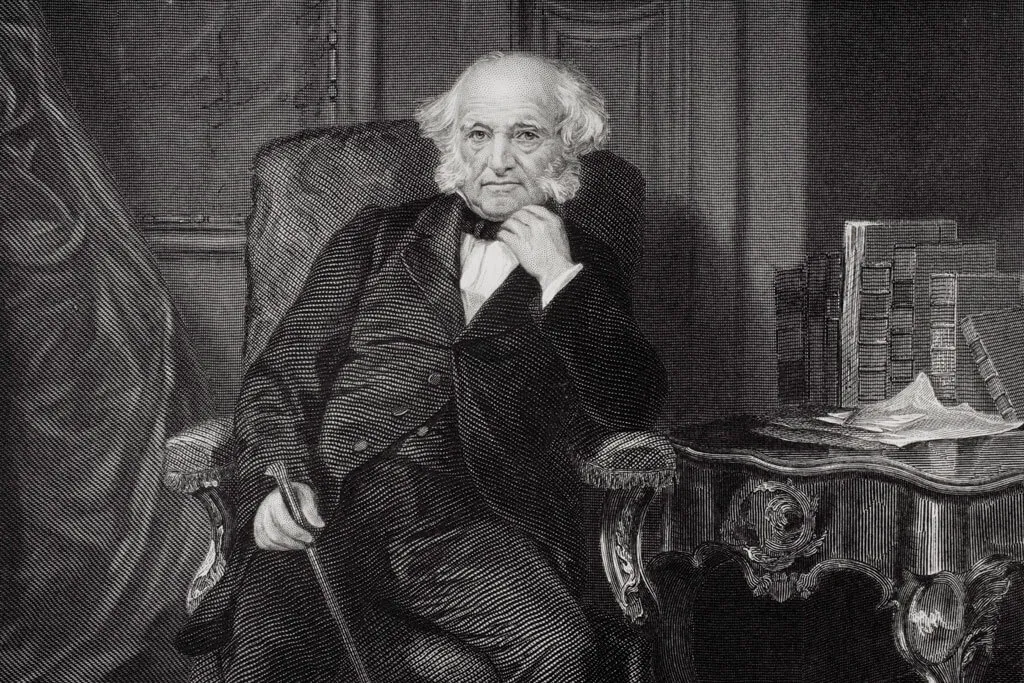
Marin van Buren, the eighth President of the United States, left the office in 1841. Even though he wasn’t actively involved in politics he followed them closely and was nervous about the impending Civil War.
Van Buren spent his post-White House years writing memoirs and conducting an extensive study of American political parties. He also traveled a great deal and enjoyed spending time with his family. He died at the age of 79, in 1862.
James Monroe Fell Into Serious Debt After He Left The Presidency

Even being a former President of the United States isn’t a guarantee that the rest of your life will be spent in wealth and comfort. James Monroe, the nation’s fifth President, spent the final years of his life dealing with financial difficulties.
In his post-presidential life, he racked up many unliquidated debts. Monroe's wife Elizabeth was also quite sick, and her medical expenses did not help the couple's financial situation. This forced him to sell off his beloved Highland Plantation. The College of William and Mary acquired it and has it open to the public now.
Bill Clinton Wrote A Memoir Called My Life
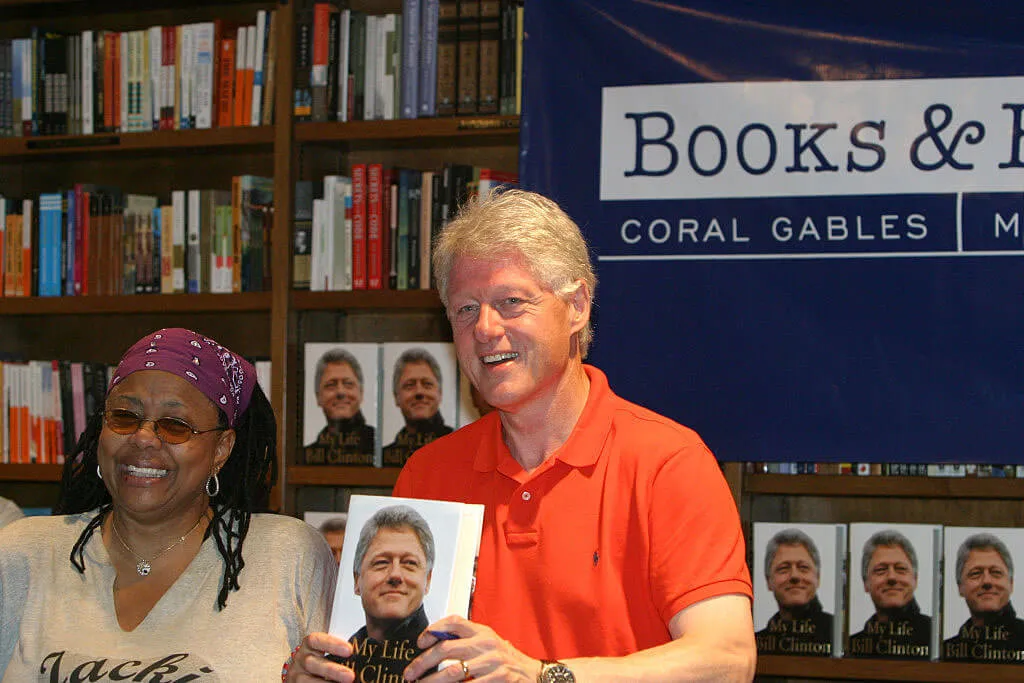
Like most people who have occupied the Oval Office, former President Bill Clinton also penned a memoir. Titled My Life, it was released three years after he left the presidency. The book was an overnight bestseller, with 2,250,000 copies sold. Clinton received one of the highest advance fees ever for a book ($15 million).
He wrote that some of the most important lessons he's learned are, “that no one is perfect but most people are good; that people can't be judged by their worst or weakest moments; that harsh judgments can make hypocrites of us all; that a lot of life is just showing up and hanging on; that laughter is often the best, and sometimes the only, response to pain.”
All The Former Presidents Get Together Occasionally
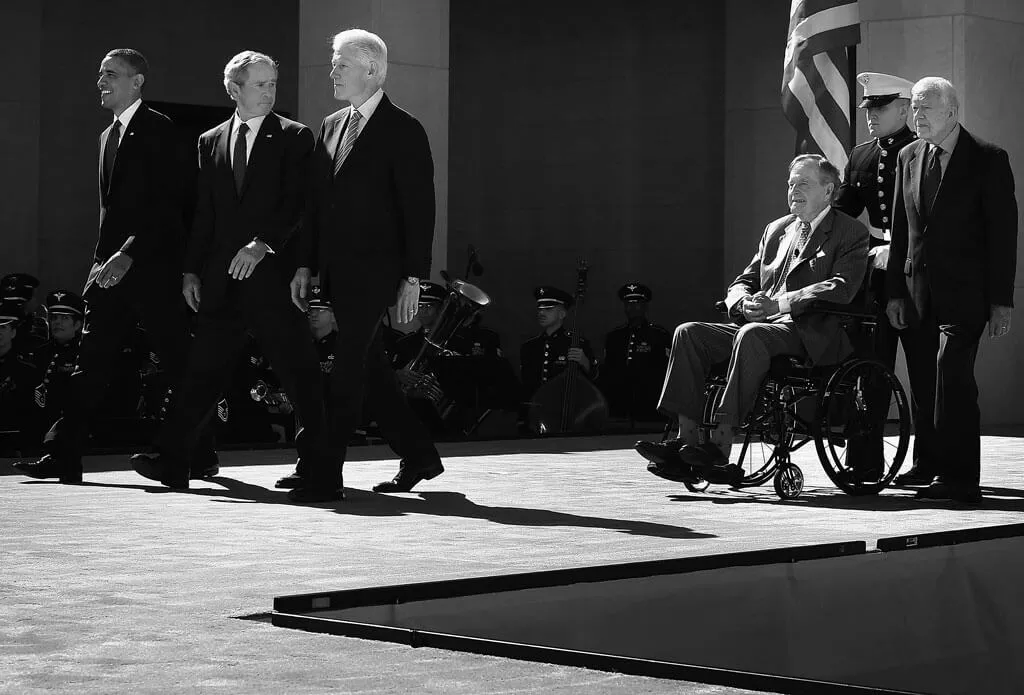
In 2013, all living former Presidents and the current President gathered in Texas to help commemorate and dedicate the George W. Bush Presidential Center. In attendance were Barack Obama, George W. Bush, Bill Clinton, George H. W. Bush, and Jimmy Carter.
The Center aims to further Bush Sr’s causes of “human freedom, global health, economic growth and education reform.” The site also houses the George W. Bush presidential library and museum as well as the George Bush Foundation and George W. Bush Policy Institute.
Andrew Jackson Remained Highly Influential In Retirement
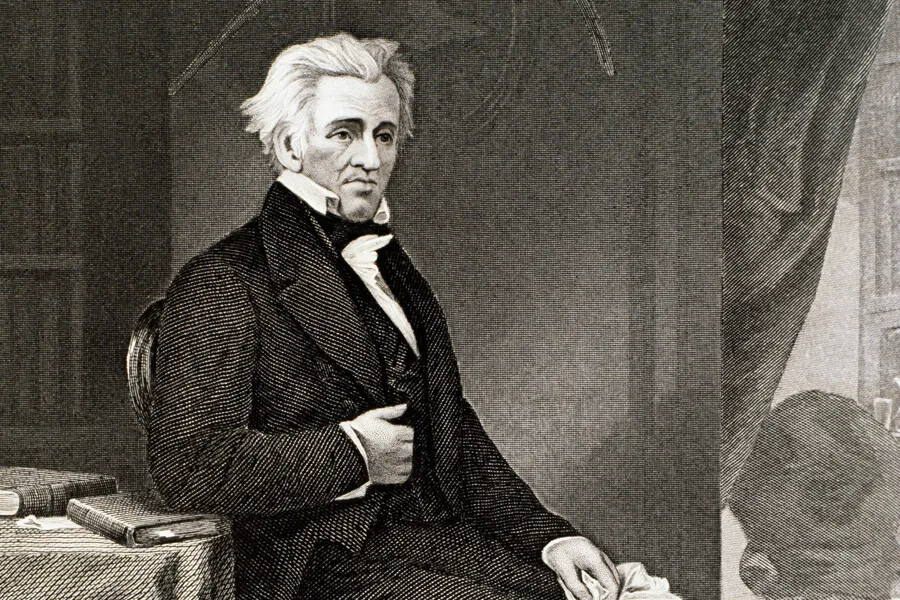
When Andrew Jackson initially retired, he returned to Hermitage to put his house back in order. The property has been poorly managed by his adopted son. After Andrew Jr's death, however, Jackson found himself back in the political spotlight fighting for an independent treasury.
The treasury was proposed to hold the monetary balances of the government in gold and silver. The proposal was not popular and even caused a panic during the depression of the period. After a three year fight, the independent treasury bill was finally passed.
Jackson Was Also A Strong Supporter Of The Annexation Of Texas
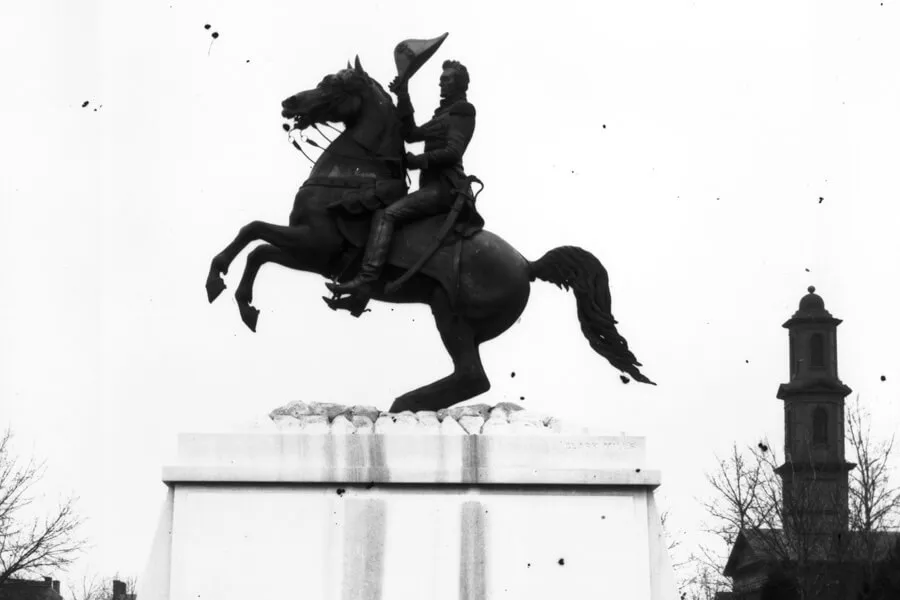
In his life after his presidency, Andrew Jackson was also a staunch believer in the annexation of Texas. He feared that if Texas, which has been bought in the Louisiana Purchase, did not become a state that Britain would be able to use it as base to threaten the country.
In order to gain more favor in his thoughts, Jackson pushed for James Polk to become the next President. Polk won his parties vote, and would go on to beat Henry Clay in the overall election. Shortly after he entered office, Texas officially signed their annexation papers and became a state.
William Henry Harrison Never Got To Experience Life As A Retired President
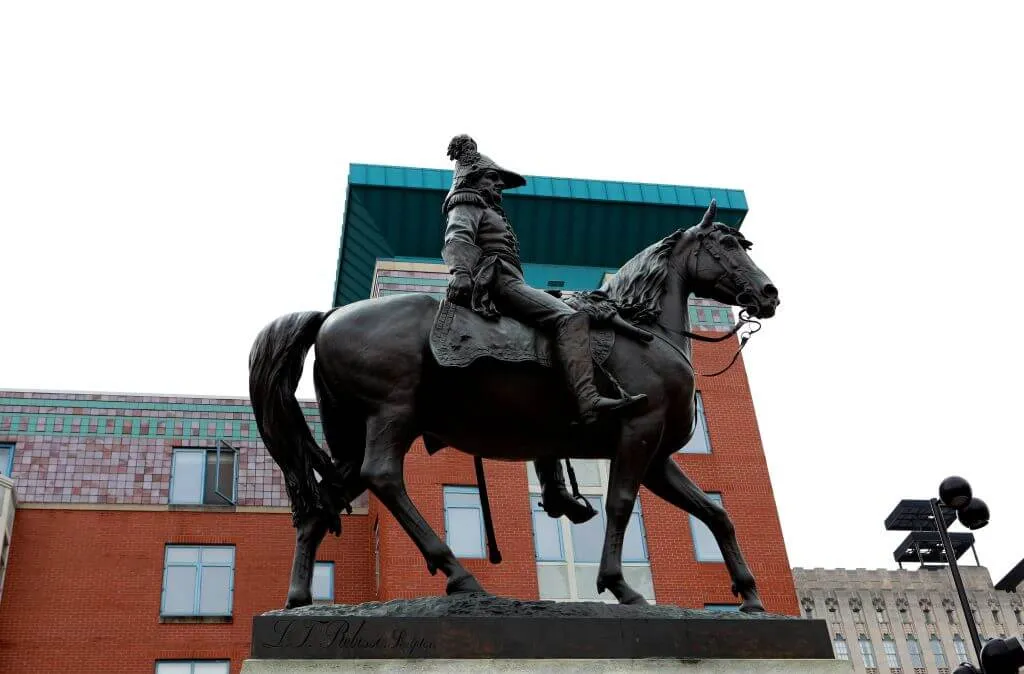
Shortly after William Henry Harrison took office in 1841, he became stricken with a cold and died in office. One theory as to how he got sick is his inauguration speech. Harrison delivered his two hour speech on a cold and wet day with no coat or jacket to protect him from the elements.
His death has devastating impacts for the Whig party. Most notably, they were planning to pass a revenue tariff. When John Tyler took over, he abandoned the Whig party and denied the tariff.
John Tyler Retired To Sherwood Forest
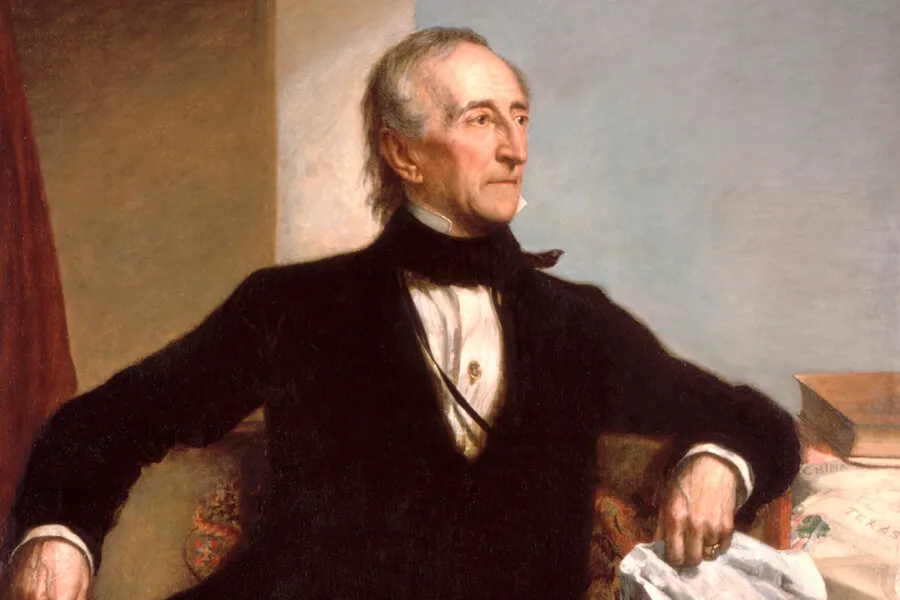
John Tyler may have abandoned the Whig party, but he always saw it the other way. After retiring, Tyler moved to Walnut Grove, a plantation in Virginia. He renamed it Sherwood Forest in reference to his feelings as a political outlaw.
He worked tirelessly to maintain his new property, and was even named overseer of road in 1847. The position was meant to be a joke from the Whigs in the surrounding area. Tyler took the job seriously, though, and often forced them to let him use their slaves to compete needed road work.
James Polk Became Ill As Soon As Retired
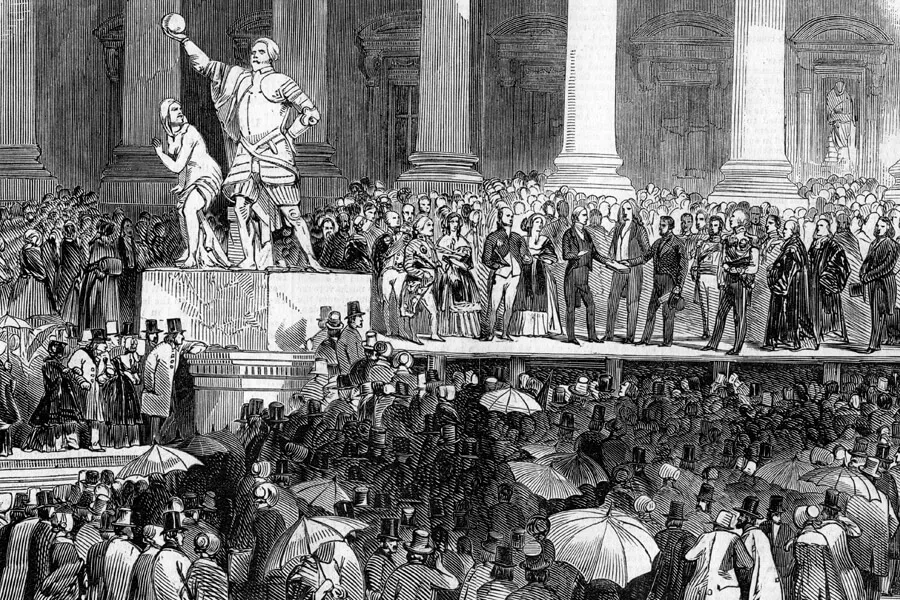
James Polk was enthusiastic when he entered office. Upon leaving, however, he was physically and emotionally exhausted. Planning to retire to Nashville, Polk and his wife began the long journey, stopping along the way for public appearances. During his trip, several passengers on the boat became ill with Cholera.
Polk became certain he was also becoming ill with the disease, although doctors assured him otherwise. When he finally made it to Nashville, his own symptoms cleared up. For a brief moment, Polk was happy in retirement. In 1849, James Polk's worst fear came true when he was diagnosed with the disease. He died and was buried on the ground of the Tennessee State Capitol.
Zachary Taylor Died In Office From Unknown Circumstances
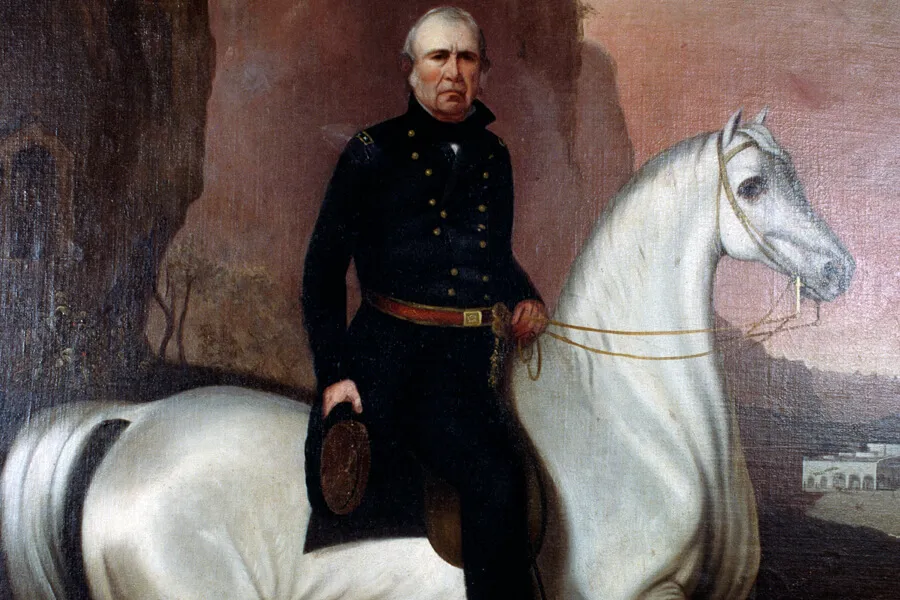
Like one president before him, Zachary Taylor served one year as President of the United States before becoming ill with a stomach virus and dying. He never got to live his life after office, but the reasons for that remain clouded in mystery today.
After his death, theories that the inexperienced politician was poisoned began to arise. In 1980, his body was exhumed and examined. According the findings, levels of arsenic were low in his body, ruling out poisoning. A 2010 review of the findings states, "there is nodefinitive proof that Taylor was assassinated, nor would it appear that there is definitive proof that he was not."
Franklin Pierce Left Office Before The Civil War And Traveled The World
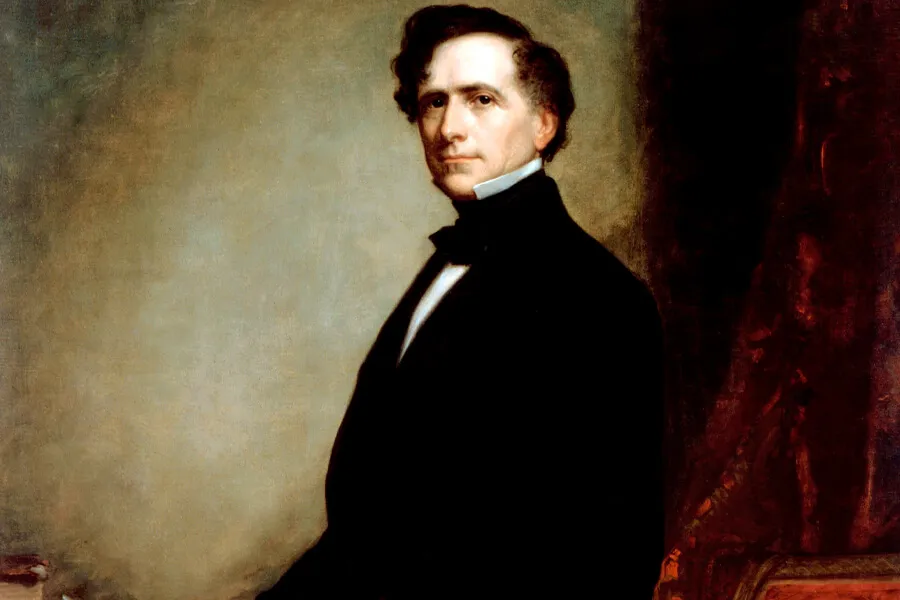
Franklin Pierce served as the President before James Buchanan. Upon retiring, he and wife desired warmer weather and began traveling the world. The stayed away from the United States for there years, spending time in Spain and the Bahamas. During their adventures, Pierce stayed up to date on what was happening in the country.
After the Civil War, Pierce's health began to rapidly declined thanks in no small part to his increased drinking. He began to call himself an "old farmer" and after becoming spiritual and fought his alcoholism while focusing on his property. Old habits caught up to him in 1869, though, and Pierce passed away that October.
Ulysses S. Grant Tried To Run For A Third Term
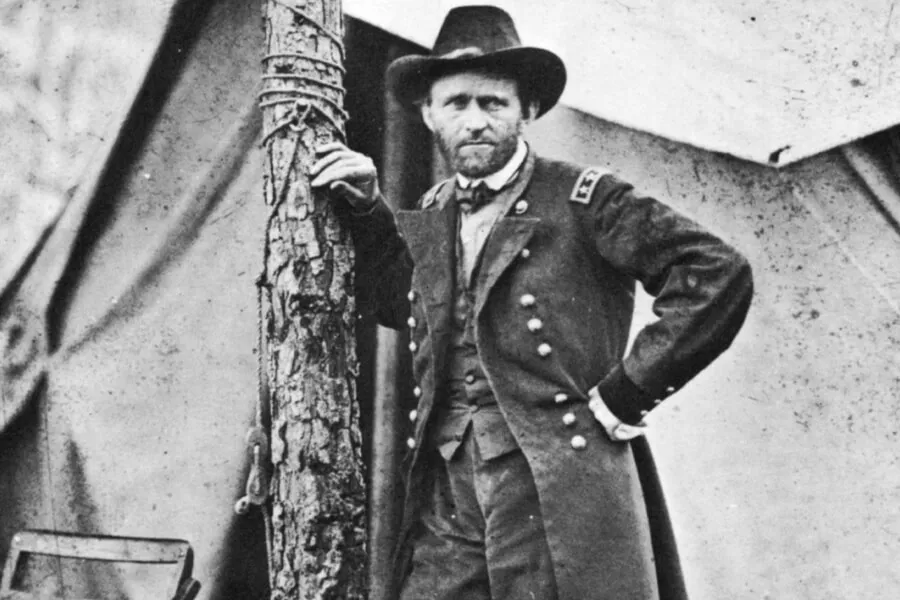
Two terms as president weren't enough for Ulysses S. Grant, who attempted to run for a third term in 1880. At the time there was no rule saying he couldn't. A political backlash struck Grant though, as politicians felt he had broken an unwritten rule set by George Washington.
Grant kept quiet, encouraging his team to continue pushing for his nomination. When the Republican Nation Convention convened in Chicago, Grant fell short of the majority vote he needed to run against the Democrats. James Garfield won the nomination and received public support from Grant.
Chester Arthur Returned To His Life As A Lawyer
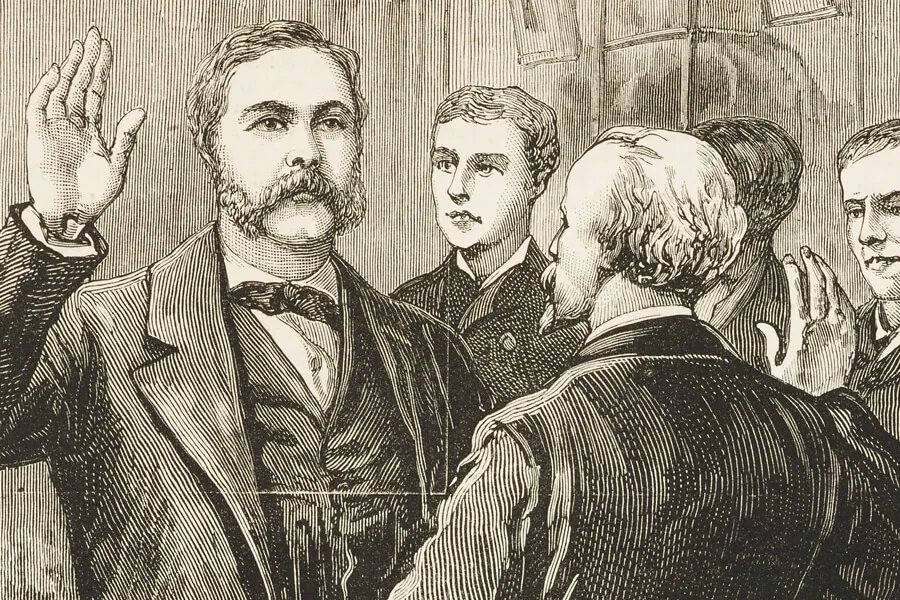
Chester A. Arthur left office in 1885 and moved back to New York City. He refused to run for US Senate, despite political pressure to do so. Arthur, who was battling health issues at the time, preferred to return to his law practice.
Unfortunately for Arthur, he was often too sick to leave his house and could only provide counsel. In 1886, Arthur moved to Connecticut where he became violently ill. In November that year he lost consciousness and never woke up.
Millard Fillmore Lived Off Investments And Traveled
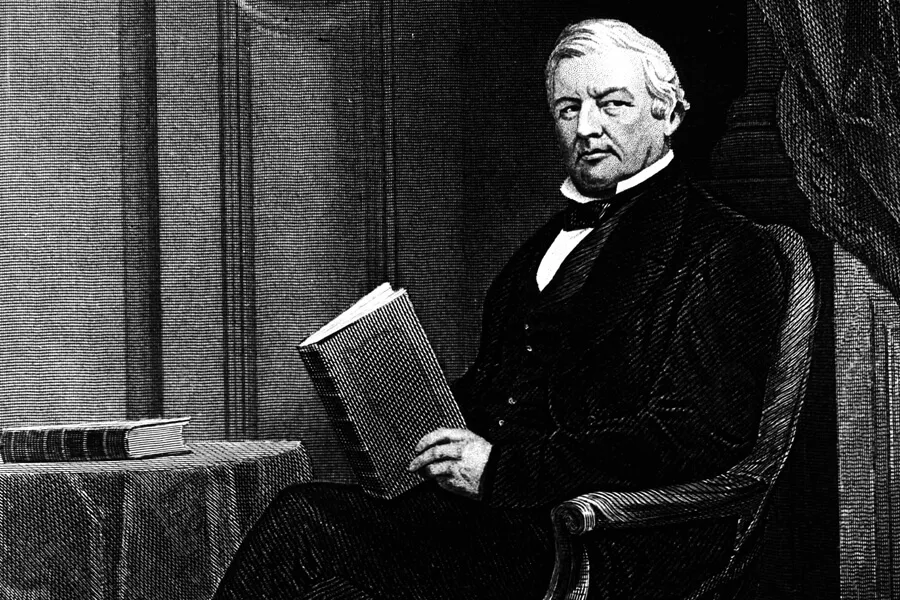
Millard Fillmore left office with no job to his name. He lived off successful investments he had made, but still needing something also to keep him afloat financially. A friend suggested he practice law. Before that could come to fruition, though, Fillmore's wife died and he secluded himself.
In 1855, with no job and no office, Fillmore used the money he had to travel the world. For the next year visited Europe and the Middle East. During his trip to Europe, Queen Victoria remarked (supposedly) that he was the most handsome man she'd ever seen.
Rutherford B. Hayes Fought For Education Reform
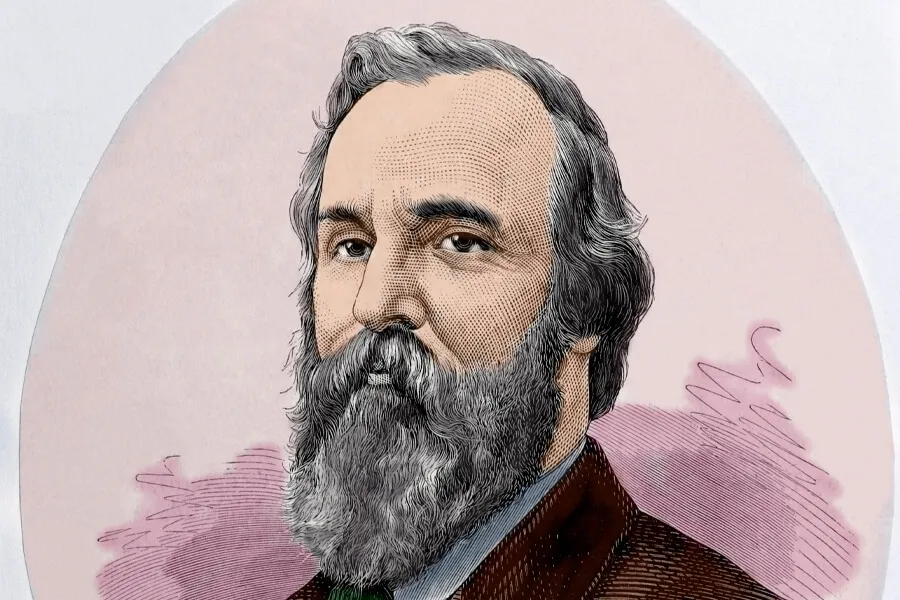
In 1880, Rutherford B. Hayes stuck to his word that he would not run for a second term as president. Instead he shifted his focus to education reform. Hayes believed there was major discrepancy between the rich and poor that would tear the nation apart and was the first politician to push for federal aid.
Hayes was appointed to Ohio State University's Board of Trustees in 1887 and encouraged black student to apply for scholarships from the Slater Fund. Regarding his views on education, Hayes said, "I preach the gospel of work. I believe in skilled labor as a part of education."









